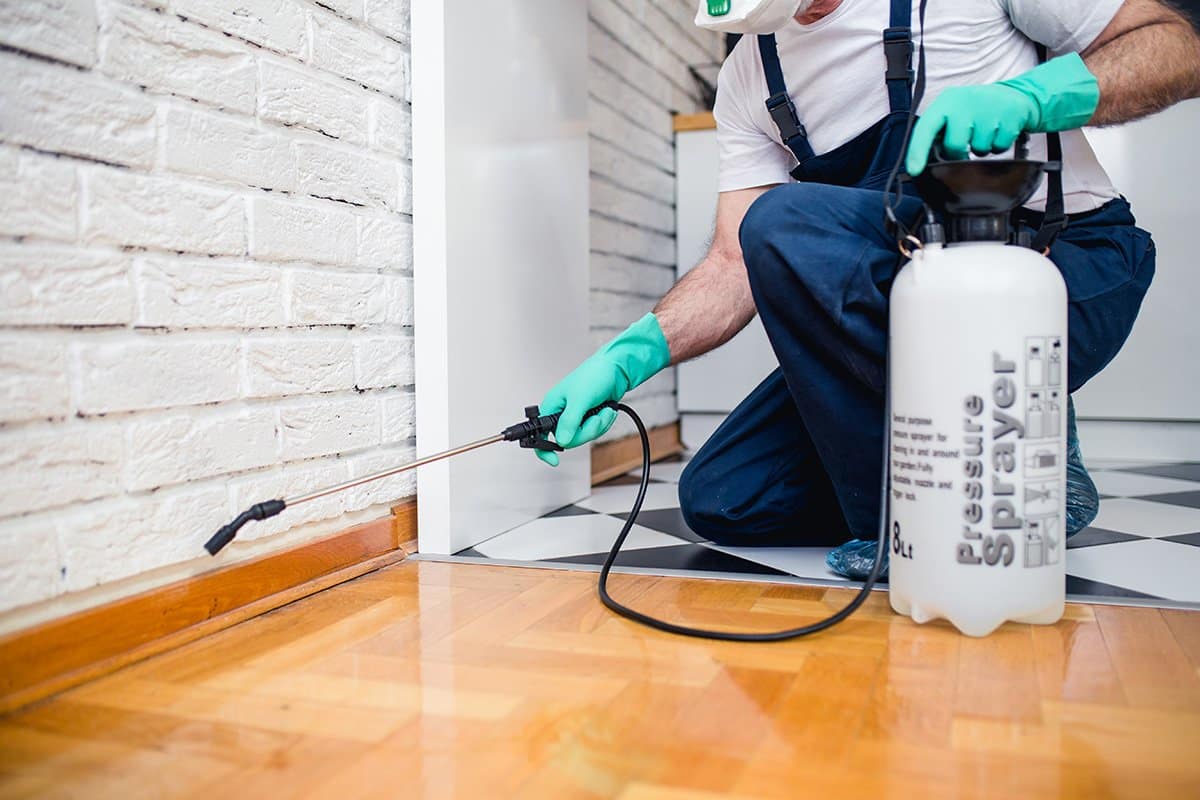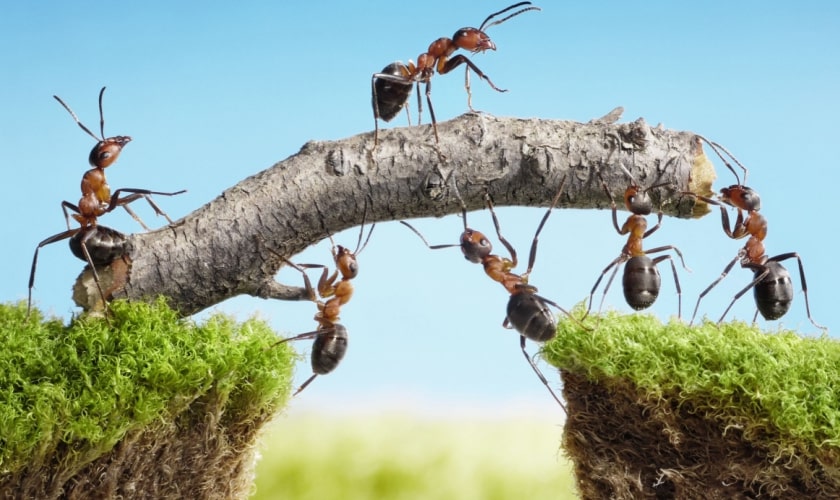Expert Ant Control Services: Custom-made Therapies for Enduring Results
Expert Ant Control Services: Custom-made Therapies for Enduring Results
Blog Article
Environmental Impact of Bug Control: Harmonizing Effectiveness With Sustainability
The ecological impact of pest control is an essential issue that requires a delicate balance in between attaining effectiveness in handling parasites and making sure sustainability of our ecosystems. As we strive to secure our crops, homes, and health and wellness from the threats postured by insects, the techniques we utilize can inadvertently damage the atmosphere. From using damaging chemicals that seep right into our dirt and water to the unintended effects on non-target species, the effects of conventional bug control methods are significant. There are arising methods that use hope for a more lasting strategy to pest monitoring. These remedies not only aim to deal with the immediate parasite issues but also take into consideration the long-term health and wellness of our earth.
Hazardous Chemicals in Insect Control
The application of dangerous chemicals in pest control positions substantial environmental and health risks that require cautious factor to consider and mitigation approaches. Insecticides, pesticides, and herbicides are generally made use of to remove pests, however their prevalent application can lead to unexpected consequences. These chemicals can pollute soil, water sources, and the air, affecting not only the targeted bugs however additionally advantageous bugs, wildlife, and humans.

To deal with these risks, incorporated bug monitoring (IPM) strategies are being promoted as a more lasting choice. IPM entails a mix of approaches such as organic control, habitat manipulation, and the targeted use of pesticides as a last option (ant control winston salem nc). By adopting a holistic method to pest control, we can minimize the environmental and health and wellness effects linked with unsafe chemicals while successfully handling pest populaces
Effect On Non-Target Variety
Taking into consideration the unexpected consequences of insect control techniques, the effect on non-target varieties is an essential element that requires complete assessment. While bug control steps aim to target certain parasites, other microorganisms in the ecological community might be unintentionally influenced. Non-target varieties, consisting of advantageous insects, birds, creatures, and also plants, can suffer indirect or direct injury from chemical applications or organic control methods.
Pesticides created to combat a certain bug bug may damage pollinators like bees or all-natural killers such as ladybugs. Biological control agents, if not species-specific, can present risks to unplanned targets, interfering with the environmental balance.
To mitigate the influence on non-target types, incorporated parasite management (IPM) strategies that highlight an all natural strategy to pest control are advised. These methods focus on making use of environmentally friendly practices, lessening harm to valuable microorganisms while efficiently taking care of pest populaces. Conducting complete threat evaluations and monitoring the outcomes of pest control efforts are vital actions in protecting non-target varieties and promoting total ecosystem health.
Dirt and Water Contamination
Unexpected ecological consequences of pest control techniques prolong past influencing non-target varieties, with substantial ramifications for dirt and water contamination - ant control services. Pesticides, herbicides, and chemical fertilizers used in pest control can seep right into the soil and contaminate groundwater, posturing a threat to both aquatic and terrestrial ecological communities.
Water contamination is another important issue connected with bug control methods. Runoff from farming areas treated with chemicals can bring these chemicals into close-by water bodies, influencing water organisms and water quality. Contaminants in water sources can have far-reaching repercussions, impacting not just aquatic life yet likewise human wellness with the consumption of contaminated water or water microorganisms. To minimize soil and water contamination from parasite control activities, integrated pest monitoring techniques that focus on sustainability and lessen chemical inputs are essential.
Air Air Pollution From Chemical Use
Exposure to air-borne pesticides throughout farming applications presents a significant problem for air contamination control measures. Furthermore, chemical drift, where chemicals are carried by the wind to unintended areas, can lead to the contamination of close-by environments and water bodies.
Strategies for Lasting Insect Control
In the realm of farming methods, implementing sustainable insect control approaches is vital for keeping eco-friendly equilibrium and securing crop yields. Sustainable parasite control stresses making use of ecologically friendly methods to manage insect populations effectively while minimizing damage to non-target microorganisms and ecological communities. Integrated Parasite Management (IPM) is a commonly taken on approach that combines biological, social, physical, and chemical control approaches to accomplish long-lasting parasite management solutions.
One key strategy in lasting insect control is advertising biodiversity within agroecosystems. By boosting all-natural enemies of pests, such as parasitoids and predators, farmers can minimize the requirement for synthetic chemicals. Plant turning and diversification are also reliable strategies to interfere with pest life cycles and create less beneficial problems for bugs to prosper. Furthermore, making use of pest-resistant plant selections and employing strategies like trap chopping can assist lower insect pressure without depending heavily on chemical treatments. Inevitably, by integrating these sustainable pest control techniques, farmers can achieve a balance between pest management efficiency and environmental stewardship.
Conclusion
Finally, the ecological effect of bug control methods must be meticulously thought about to stabilize effectiveness with sustainability. Hazardous chemicals used in pest control can lead to dirt and water contamination, air contamination, and harm non-target varieties - termite control. It is critical linked here to implement sustainable pest control approaches to decrease these unfavorable impacts on the atmosphere and advertise a healthier ecological community for future generations
By embracing a holistic method to pest control, we can decrease the ecological and health and wellness influences connected with harmful chemicals while properly taking care of pest populaces.

To reduce the air pollution caused by chemical usage, it is crucial to take on integrated parasite administration techniques that focus on the use of non-chemical insect control approaches, such as plant turning, natural killers, and immune plant selections. Lasting bug control highlights the usage of eco friendly methods to manage insect populaces properly while reducing harm to non-target organisms and ecosystems. Integrated Bug Monitoring (IPM) is a commonly taken on technique that combines organic, social, physical, and chemical control techniques to attain long-lasting insect administration solutions.
Report this page